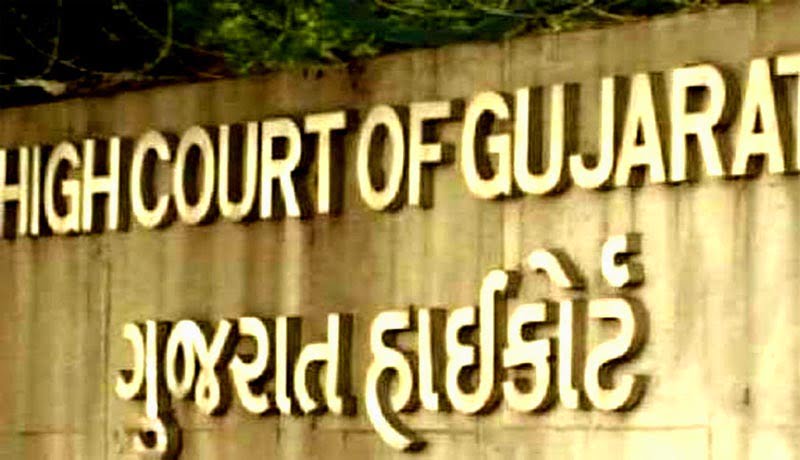Ship Breaking is a ‘Manufacturing Processs’: Gujarat HC allows IPT claim on LPG & Oxygen Gases under GVAT Act [Read Judgment]

Gujarat High Court-CLAIM-TAXSCAN
Gujarat High Court-CLAIM-TAXSCAN
In a recent decision, the two-judge bench of the Gujarat High Court allowed IPT claim on the LPG and oxygen gases used for the purpose of ship-breaking, treating the same as raw-material. The Court, referring to various judicial pronouncements, held that the activity of ship-breaking is a “manufacturing-process” within the ambit of section 2(14) of the Gujarat Value Added Tax Act, 2003.Consequently, the assessee is eligible to get IPT on the raw-materials used for the said activity, such as the LPG and oxygen gases.
The appellant, in the instant case, is deemed to be a dealer under the provisions of the Gujarat Value Added Tax Act, 2003, is engaged in business activity of ship breaking and in the course of such business appellant purchases ships for the purpose of dismantling and then sell the material derived there from to various persons. According to the assessee,the activity of the ship breaking requires a unique technical knowledge with the aid and assistance of manual and physical labour. The method upon which the activities are being undertaken in India is popularly known as afloat method in which dismantling starts while the ship is in water. The assessee claimed that they are entitled to Input tax credit the goods purchased locally from registered dealers and used as raw materials in the process since the process of scrapping and dismantling converts ship into different articles and the activities are a manufacturing process in view of Section 2(14) of the VAT Act. The assessee, approached the concerned authority in order to determine the eligibility to IPT on the use of LPG and Oxygen gas in the said process. The authority rejected the claim of the appellant.
The assessee approached the Tribunal through an appeal contending that the activity of ship breaking is a manufacturing activity and in that process since the Oxygen gas and LPG gas are being consumed, is entitled to have a tax credit.The Tribunal allowed the appeal by hlding that the activity being undertaken by the opponent is a manufacturing activity and the petroleum gas (LPG) and Oxygen gas are forming part of raw material in the said process, are covered within the scope of Section 2(19) of the VAT Act. Aggrieved with the Tribunal order, the Revenue preferred an appeal before the High Court.
Before the Court, the Revenue contended that the ship breaking activity is not a manufacturing activity at all as it is not creating any new commodity out of it. Further, the consumption cannot be treated as manufacturing process and therefore, simply because the LPG and Oxygen gases are being consumed in the process of breaking of ship, the material in the form of same cannot attract the scope of Section 2(19) of the Act.
The Court noticed that in the case of Ship Scrap Traders 251 ITR 806 the Bombay high Court held that ship breaking activity gives rise to manufacture and production of altogether new commercial article or thing which is commercially identifiable in the commercial world as other than ship.
Further, in the case, Bhagawati Ship Breaking Industries, the Tribunal observed that the ship breaking activity is a manufacturing process within the meaning of Section 2(14) of the Act.
Further, the Apex Court in the case of Vijay Ship Breaking Corporation reported in 214 ITR 309, held that ship breaking activity gave rise to manufacture and production of altogether a different article.
Concurring with the findings of the Tribunal, the two-judge bench comprising Justice Akil Kureshi and Justice A J Shastri observed that “From the aforesaid situation prevailing on record and proposition of law laid down herein before, it clearly transpires that the opponent is engaged in ship breaking activity, which is nothing but a manufacturing process under the provisions of the VAT Act and the petroleum gases (LPG) and Oxygen gases are forming part of the said process, being raw material covered within the swip of Section 2(19) of the VAT Act, and since the same are the processing material and consumable stores in the activity, the tax credit of tax paid on purchases of these commodities is admissible under the Act and therefore, we see no reasons to interfere with a detailed and well reasoned order passed by the learned Tribunal and therefore, we hereby dismiss the appeal by answering question of law against revenue and in favour of assessee.”
Read the full text of the Judgment below.


